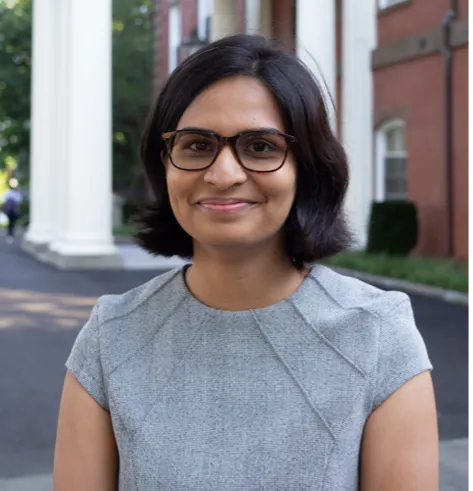Please note: this event has passed
Chair: Dr Amanda Chisholm, Senior Lecturer in Security Studies / Researcher in Gender and Security at King's College London
Speaker: Dipali Anumol, PhD Candidate at the Fletcher School of Law and Diplomacy at Tufts University
Discussant: Dr Geetanjali Gangoli, Associate Professor in the Department of Sociology at Durham University
In India, patriarchy and notions of shame associated with women’s sexuality combine to create an environment where violence against women is widely practised and accepted. From lewd comments to high profile gang rapes, women in India face gender discrimination on a daily basis. In dealing with issues of gender justice, feminists have relied on legal reforms as corrective measures. Feminist organisations in India have been key actors in pushing for legal reform with respect to rape and sexual violence.
Through an analysis of the evolution of the laws surrounding rape and sexual assault, Dipali Anumol argues that such reforms have usually been instituted on the back of high-profile cases that received a lot of public scrutiny. The resultant “flurry of state responsiveness” with legal reforms, fast-tracked trials and harsh punishments follows long periods of inaction and status quo. Protests build atop grassroots activism leading to legal reform.
Dipali's research builds on Rob Nixon’s concept of Slow Violence to explain why activism and protests have led to legal reform only on the back of incidents of rape and sexual assault that caught public attention.
About the speaker

Dipali Anumol is a PhD Candidate at the Fletcher School of Law and Diplomacy at Tufts University where she specialises in Gender and Human Security. Her doctoral work aims to understand the relationship between feminist activism, practices of care, and responses to sexual violence in India.
She also serves as the co-director of Ecologies of Justice, an interdisciplinary initiative aimed at exploring civic activism, environmental (in)justice, and intersectionality.
Prior to Fletcher, she worked in development consulting across a range of projects on education, child rights, gender, and urban development.

This event is part of the Feminist Theory and Gender Studies (FTGS) Global Voices Seminar Series.

